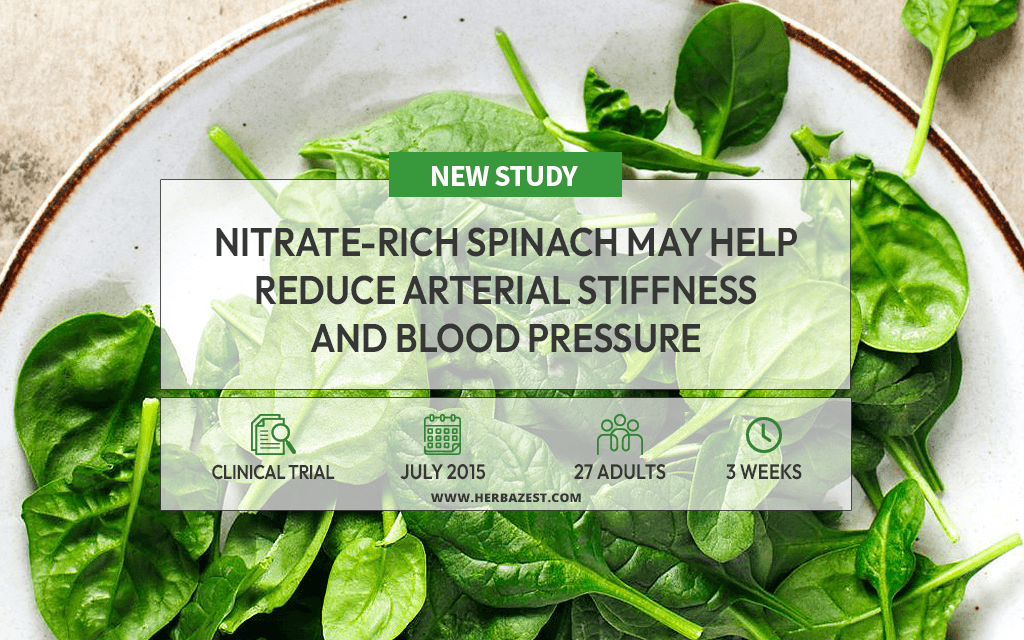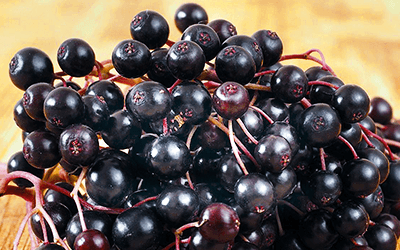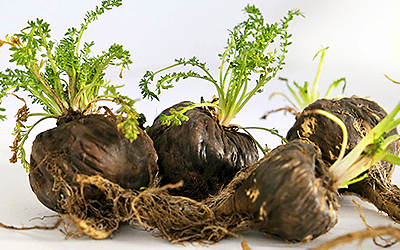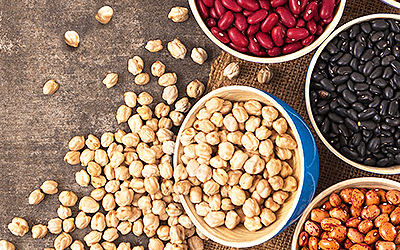Hypertension, or high blood pressure, affects nearly a billion people worldwide and significantly increases the risk of cardiovascular disease. While medications are often used to control blood pressure, dietary and lifestyle modifications remain crucial strategies for prevention and management.
Among dietary factors, vegetables rich in nitrate have drawn attention for their potential cardiovascular benefits.1 Spinach, in particular, is a high-nitrate leafy green that may help regulate blood pressure through its ability to increase nitric oxide (NO) levels, which facilitate vasodilation and improve arterial function. However, clinical evidence on its direct impact on arterial stiffness and central blood pressure remains limited. A Canadian study aimed to address this gap by examining the short-term effects of spinach consumption on vascular health.
The Study
Researchers conducted a placebo-controlled, crossover study involving 27 healthy adults. Participants were randomly assigned to consume either a high-nitrate spinach soup (845 mg nitrate/day) or a low-nitrate asparagus soup (0.6 mg nitrate/day) for seven days. After a one-week washout period, they switched to the other intervention.
The study measured key indicators of vascular health, including the augmentation index (AI), which reflects arterial stiffness, as well as central and peripheral blood pressure. These assessments were performed on the first and last days of each intervention, with post-consumption measurements taken over a 180-minute period.
The Results
The study found that eating spinach significantly reduced arterial stiffness. On the first day, the AI dropped by 6.54% within 180 minutes of consumption, while the asparagus soup had little effect. After seven days, the reduction remained steady at 6.93%, suggesting that the body did not build a tolerance to the nitrate benefits and that regular consumption may support long-term vascular health.
Additionally, high-nitrate spinach reduced central systolic and diastolic blood pressure 180 minutes after consumption on the seventh day. Similar reductions in brachial systolic blood pressure suggest that dietary nitrates from spinach may improve vascular function in the short term.
What Does this Mean?
The study provides compelling evidence that dietary nitrate from spinach offers cardiovascular benefits by reducing arterial stiffness and improving blood pressure. Unlike medications, which may have side effects, incorporating spinach and other nitrate-rich vegetables into a daily diet presents a natural and accessible means to support heart health both in the short and long term.
While more extensive studies are needed to confirm these effects in hypertensive populations, these findings support the idea that dietary modifications—particularly increased intake of nitrate-rich vegetables—could be a valuable component of blood pressure management strategies.
Other herbs that may offer benefits for heart health are garlic, hawthorn, and turmeric, which have been traditionally used to support cardiovascular function.
Sources
- Clinical Nutrition Research, Effect of Spinach, a High Dietary Nitrate Source, on Arterial Stiffness and Related Hemodynamic Measures: A Randomized, Controlled Trial in Healthy Adults, 2015
Footnotes:
- Foods. (2024). The Cardioprotective Role of Nitrate-Rich Vegetables. Retrieved February 4, 2025, from https://pmc.ncbi.nlm.nih.gov/articles/PMC10931520/




